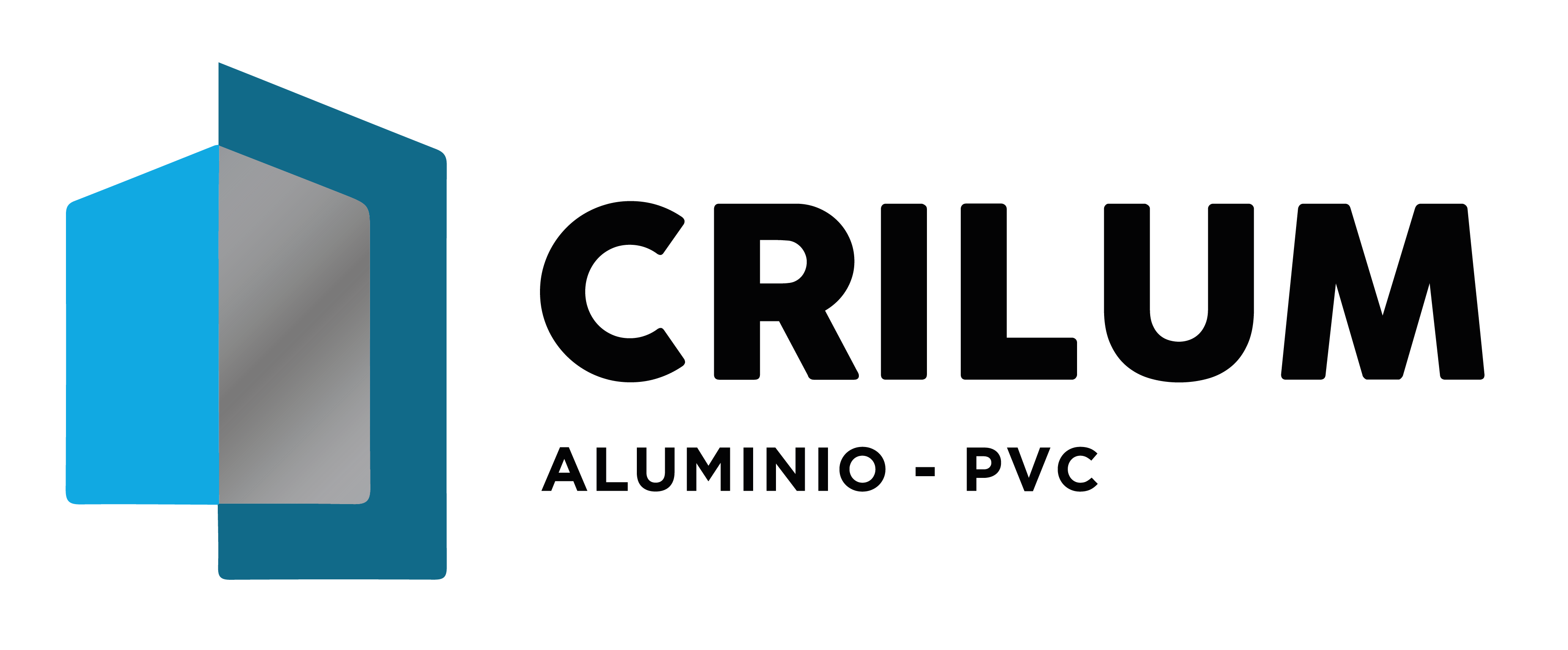Top 5 Tools for Business and Data Analytics: Enhance Decision-Making
Кредит онлайн на карту️взяти позику онлайн на карту в Україні
abril 23, 20247 Sin esfuerzo Formas de Ace Tu Zoom, Skype, FaceTime y diferente Fechas de video
abril 24, 2024Top 5 Tools for Business and Data Analytics: Enhance Decision-Making
Content
They provide valuable insights that can help https://www.xcritical.com/ drive better decision-making, improve operational efficiency, and boost business performance. Equip yourself with these tools through Koenig Solutions and be the game-changer in your organization. If you’re selecting a tool for data scientists and data engineers, you can equip them with a more advanced data platform that offers users ways to manipulate their code.
Real-Time Data and Customizable Dashboards

For a collaborative data analytics tool with affordable pricing, try Zoho Analytics. Qlik is a business analytics instrument global company designed to help businesses utilize data for decision-making and problem-solving. It provides comprehensive, real-time data integration and analytics solutions to turn data into valuable insights.

Data, analytics, and trusted AI for everyone
But if the data doesn’t help business users make timely decisions, you will never be able to drive meaningful growth at scale. Looker has recently introduced Gemini (formerly known as Bard) into the platform, bringing Google’s Generative AI capabilities. With Gemini in Looker, you can use conversational data analytics to engage with business data, such as finding top products, delving into sales details, and exploring the answers with follow-up questions. Tableau is popular for its visual, straightforward, and drag-and-drop user interface. You can easily hover around Tableau’s workspace, which consists of menus, a toolbar, a data pane, and multiple Smart contract sheets—which can be worksheets, dashboards, or stories.
What Are Website Analytics Tools?
This code collects information when someone visits your website, like which pages they see, what device they’re using, and how they found your site. It then sends this data to Google Analytics, where it is organized into reports. These reports help you see patterns, like which products are most popular or which ads are bringing people to your site. Microsoft Excel, fundamentally a spreadsheet software, also has noteworthy data analytics capabilities.
Alteryx stands out as an automation tool for the data analytics process, working similarly to SQL (structured query language) and ETL (extract, transform, and load) tools but in a more user-friendly way. Sisense allows you to connect to a wide range of data sources to seamlessly integrate data from various databases and cloud applications. You can also connect to various unstructured data sources, including social media feeds, medical records, and business documents. Zoho Analytics is an easy-to-use self-help analytics platform with pricing that won’t break the bank for SMBs and enterprises with lower data volumes. It provides a modular approach to data analytics so that it can grow as data programs mature. The tool has a range of data connectors and integration options and can connect with both cloud-based and on-premises data sources.
Responsive design and touch are native to the platform, so Qlik is able to offer a fully functional mobile app. This means you’re able to perform all the same functions on desktop, laptop, phone or tablet – wherever you are, even offline. Essential resources for selecting the best tool for your organization, including an evaluation checklist, a TCO comparison report and analyst findings. Tableau’s engine slows to a crawl when it attempts to handle large volumes of disparate data, especially when paired with complex analytics. And it’s not possible to increment data and keep it fresh in small build windows. Qlik can ingest billions of rows of data from an unlimited number of sources with complex schemas with dozens of dimensions – and still deliver answers in seconds.
- For instance, an AI system can process millions of sales records and social media trends to identify which products are most popular during certain seasons or which items are frequently bought together.
- You can harness Qlik’s AI capabilities to implement generative models, create data-driven decisions, and improve business outcomes.
- It allows users to create interactive dashboards and reports that bring data to life, making it easier to uncover insights and communicate them effectively.
- It also offers strong data visualization but has room for improvement in other areas.
- Additionally, you can now present forecasted values on dashboard widgets to get a better understanding of how close you are to achieving key performance indicators (KPIs).
It is widely used in various fields, including business, finance, healthcare, science, and social sciences, to make informed decisions and drive improvements based on evidence and insights derived from data. It plays a crucial role in extracting valuable knowledge from the vast amounts of data generated in today’s digital age. From creating visual stories to unraveling patterns in data, these tools empower you to gain valuable insights. Picture them as your digital sidekicks, simplifying data and turning it into actionable intelligence. This guide provides an in-depth comparison of the top data analysis software and offers practical advice to help you select the right solution for your organization.
However, because it has no scripting layer, there’s a limit to what Tableau can do. For instance, it’s not great for pre-processing data or building more complex calculations. Qlik Sense is a data analytics software that uses machine learning (ML) to help users understand and use data more effectively.

However, it was built specifically to deal with heavy statistical computing tasks and is very popular for data visualization. A bit like Python, R also has a network of freely available code, called CRAN (the Comprehensive R Archive Network), which offers 10,000+ packages. It’s a field that blends mathematics, statistics and technology but is also deeply connected with human behavior. In our data-driven world, it’s akin to having a guide leading the way, helping organizations of all types navigate complex landscapes with confidence and clarity.
Segmentation enables businesses to analyze website user behavior based on traits, interactions, or third-party data, such as device, browser, traffic source, or events like drop-offs and rage-clicks. Advanced logic allows creating, customizing, and reusing segments for targeted insights and precise optimizations. We also recommend exploring the product beforehand through demos, as it will allow you to understand the platform’s capabilities. In addition, while cloud-hosted services do offer enterprise-level security, you may still need to have an on-premises-hosted solution, depending on the data you collect or the way your IT is governed.
It uses automation, analytics and AI to help its users with client communications, case management and billing. The company’s ROI forecasting leverages predictive analysis to optimize a company’s investments. Its software products take data from continuous driver monitoring IoT devices, MVR records and telematics data and analyze it to generate a “risk index” for individual drivers.
If you’ll be working with big data, Apache Spark could be the best option for you. It’s an open-source data processing and analytics engine that can handle petabytes (1,000 terabytes) of data. Spark’s ability to quickly process large amounts of data is one of the main reasons it’s become of the most popular big data analytics tools.
It has self-service data preparation and management capabilities, as well as an intuitive drag-and-drop interface augmented with AI and ML capabilities. Its blocks feature enables you to push data visualizations into your workflow exactly when you need them. With its support for hosting on public clouds such as AWS and Google Cloud Platform, as well as in multi-cloud and hybrid environments, Looker gives you the flexibility to run it how you want. SeaDAS is a comprehensive software package for the processing, display, analysis, and quality control of ocean color data. While the primary focus of SeaDAS is ocean color data, it is applicable to many satellite-based earth science data analyses. Originally developed to support the SeaWiFS mission, it now supports most U.S. and international ocean color missions.
Solutions Review’s listing of the best data analytics software is an annual sneak peek of the top tools included in our Buyer’s Guide for Business Intelligence Platforms and companion Buyer’s Matrix Report. Information was gathered via online materials and reports, conversations with vendor representatives, and examinations of product demonstrations and free trials. Qlik Sense has recently improved its features focused on visualizations, connectivity, and the ability to preload apps. As a result, you now have more options to style dashboards and use enhanced buttons for easier navigation. Qlik also improved its existing capture methods with support for SAP ODP, which enables data capture from multiple data sources, including Extractors, CDS views, BW objects, and SAP HANA Information views.
